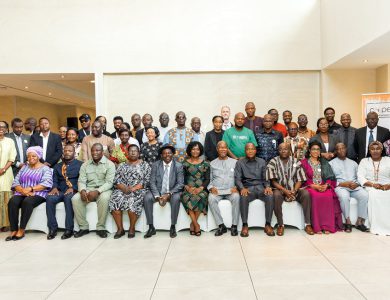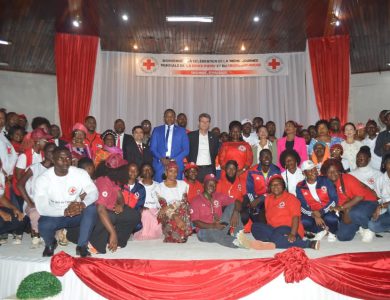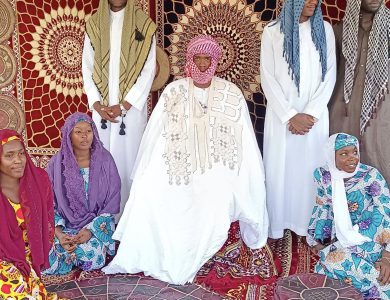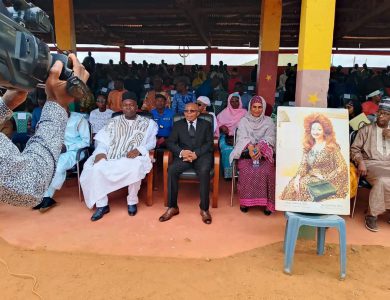Access to education, livelihoods and sustainable solutions for refugees and internally displaced persons in Minawao camp in the Far North region will soon be improved thanks to the imminent provision of digital kiosks and the refurbishment of the Minawao ICT Centre.
The United Nations High Commission for Refugees (UNHCR), IHS Cameroon and Jesuit Refugee Service (JRS) have jointly embarked on a project to foster access to socio-economic opportunities for refugees in the Far North Region.
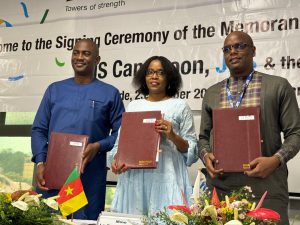
This follows a partnership signed on 23rd October in Yaoundé by the three partners, to carry out the project in the Minawao refugee camp in the Far North region. .
A shared responsibility
Through this partnership, UNHCR, IHS Cameroon and JRS partners aim to improve connectivity, strengthen digital skills, development and access to technological services for forcibly displaced people in the Minawao refugee camp in the Far North region, internally displaced persons and host communities surrounding the refugee camps.
“ We are proud to support this initiative and help foster sustainable development and economic inclusion in forced displacement settings. We hope both digital kiosks, our “Tower Kiosks by IHS Cameroon” project and the refurbished ICT center will provide new opportunities for refugees to participate and engage in public life and access education, while increasing community cohesion,” Olufemi Arosanyin, CEO of IHS Cameroon said.
The UNHCR-IHS Cameroon -JRS project will be implemented in 12 months and could be extended to 15 months. It is a quest to improve educational access, livelihoods and sustainable solutions for refugees and local residents.
Ousmane N’Gaide, JRS Country Director describes innovative project as one which “offers refugees and the host populations opportunities to exchange ideas, build skills , share perspectives and engage with the global community.”
The Refugee Situation
Cameroon counts over two million forcibly displaced persons, with 500,000 refugees mostly from the Central African Republic and Nigeria. They comprise 1,036,775 Internally Displaced Persons (IDPs), 13,298 asylum seekers, and 435,988 refugees, according to the UNHCR. These huge numbers have necessitated efforts to make forcibly displaced people self reliant.
“Empowering forcibly displaced and stateless people and helping them foster self-reliance will ease their participation in the local economy. This collaboration is pivotal to scale up synergies with private sector actors and make meaningful impact on the lives of many, leaving no one behind,” Yvette Muhimpundu, UNHCR Representative said.
The kiosks will empower and support local business communities and entrepreneurs, and provide the digital infrastructure to facilitate e-commerce, e-education, e-health, and e-governance.
Both innovations at the Minawo camp will provide new economic opportunities for refugees and forcibly displaced persons and contribute towards their long-term stability.
The partnership also ties with the UNHCR’s 15by30 roadmap which is aimed at ensuring that 15% of refugees should have access to quality education by 2030.
Kathy Neba Sina




